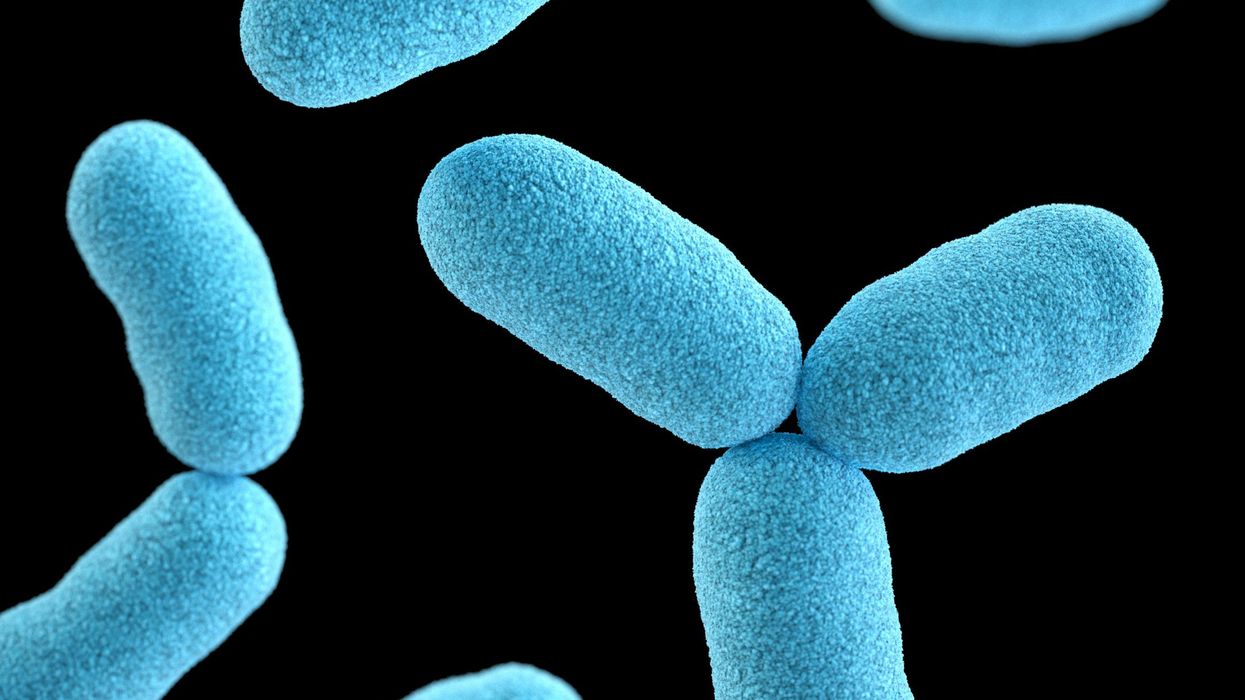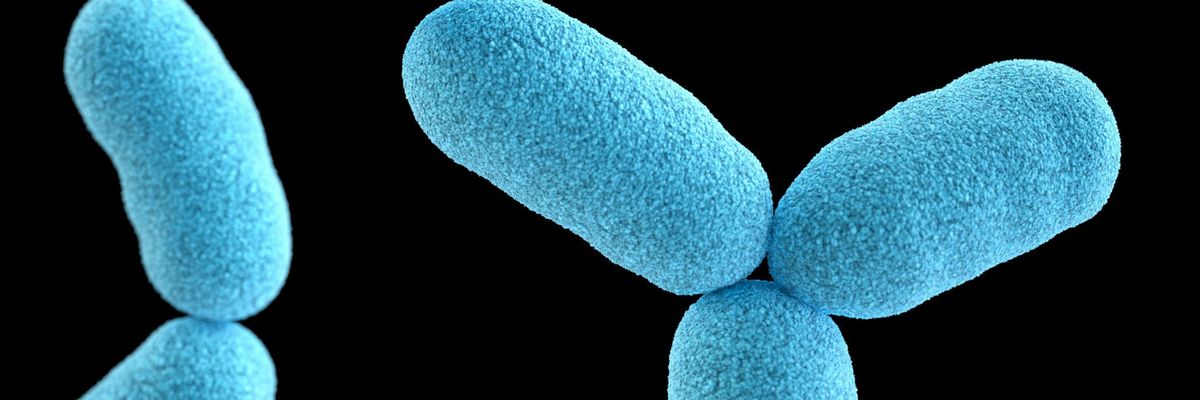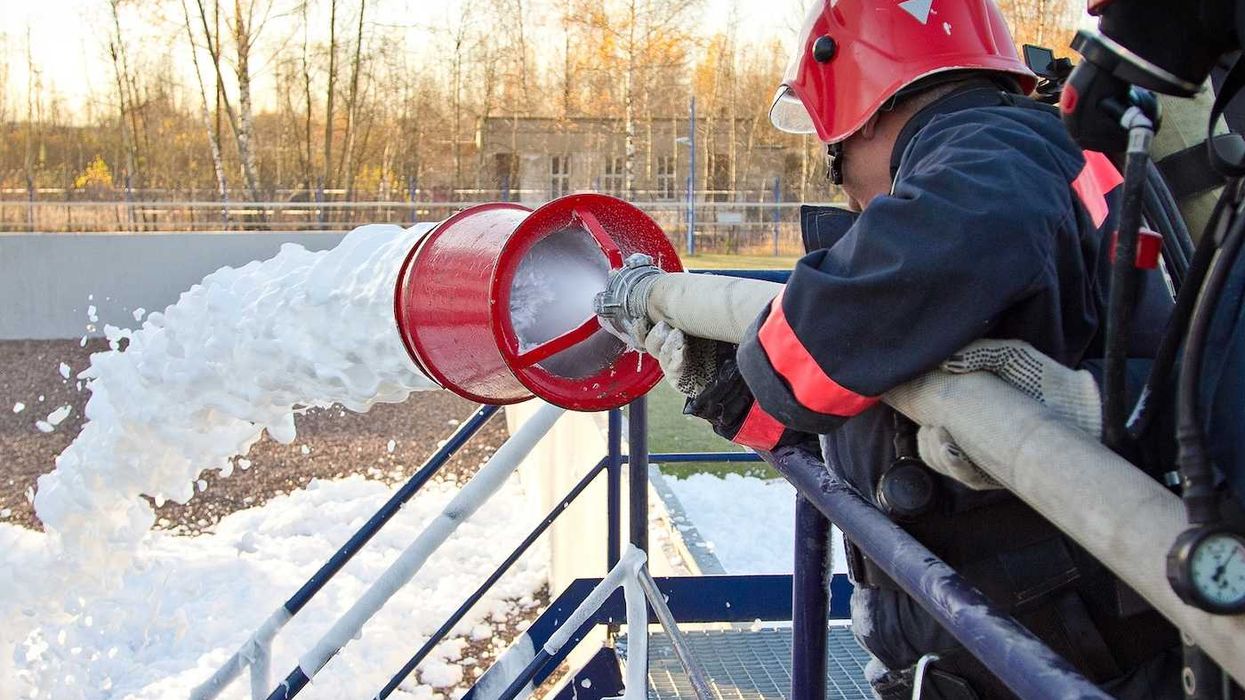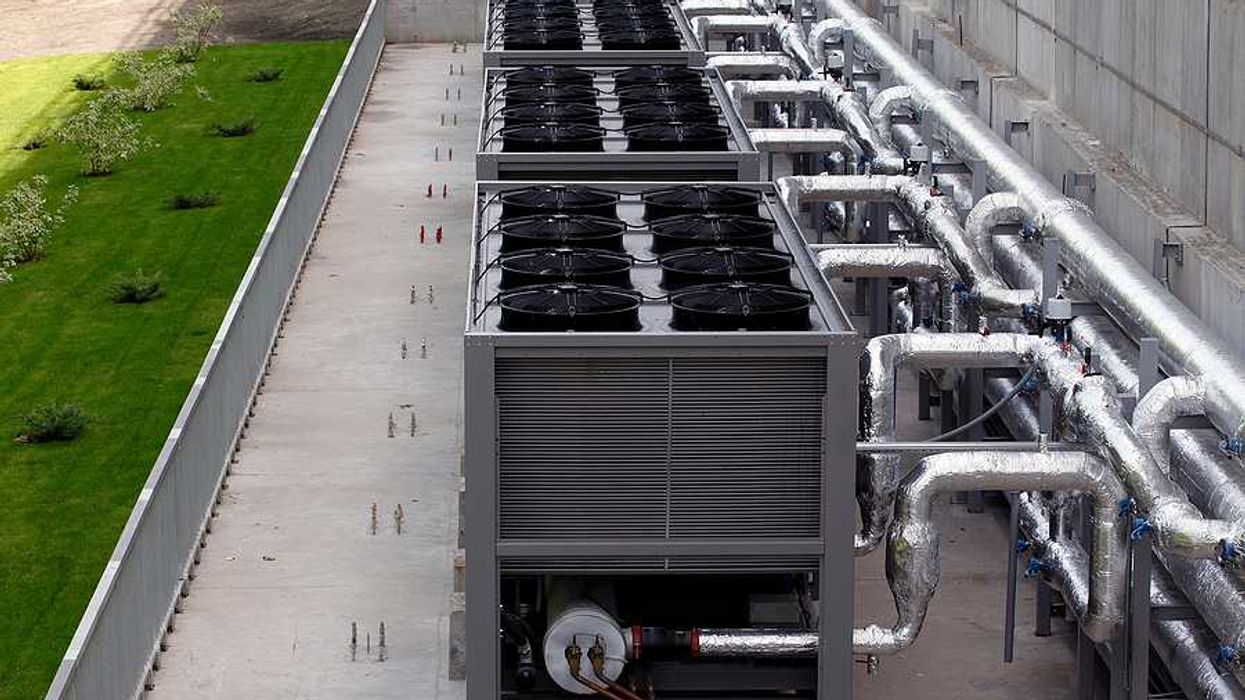Endocrine disrupting chemicals (EDCs) can make bacteria more virulent and lead to antibiotic resistance, according to a new review of laboratory studies published in Frontiers in Cellular and Infection Microbiology.
- Because hormones can affect bacteria, hormone disrupting chemicals can also impact bacteria's structure and function.
- Exposing bacteria to EDCs made antibiotics less effective and increased the frequency of persistent bacteria.
- EDCs also increased the likelihood of mutations and affected how those mutations were spread - both factors that promote antibiotic resistance.
Key quote:
“We found that exposure to [endocrine disruptors] prior to antibiotic treatment could result in high levels of antibiotic tolerance.”
Why this matters:
EDCs are widespread in both our bodies and the environment, creating plenty of opportunities for them to interact with bacteria. Despite this, there’s a significant lack of research on those interactions and the risks they pose to human health (including through our gut microbiome). The authors call for further investigation to guide regulation and manage serious threats like antibiotic resistance.
Related EHN coverage:
- How do microplastics impact our gut health?
- Hundreds of scientists call for caution on anti-microbial chemical use.
Thiroux, Audrey et al. for Frontiers in Cellular and Infection Microbiology vol. 13. Nov. 6, 2023

















